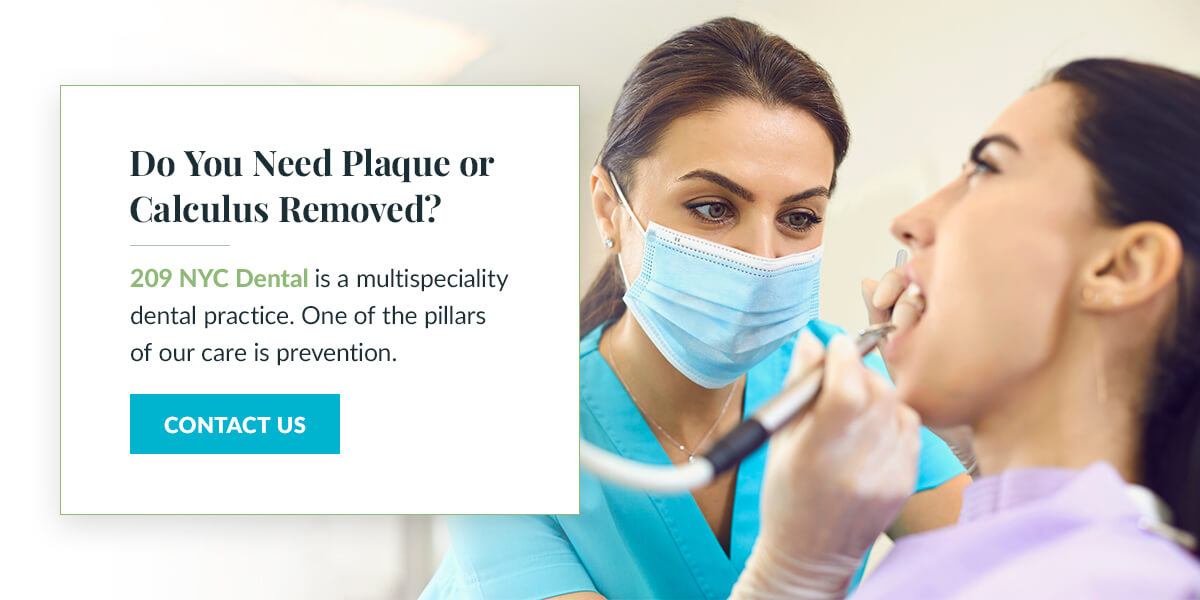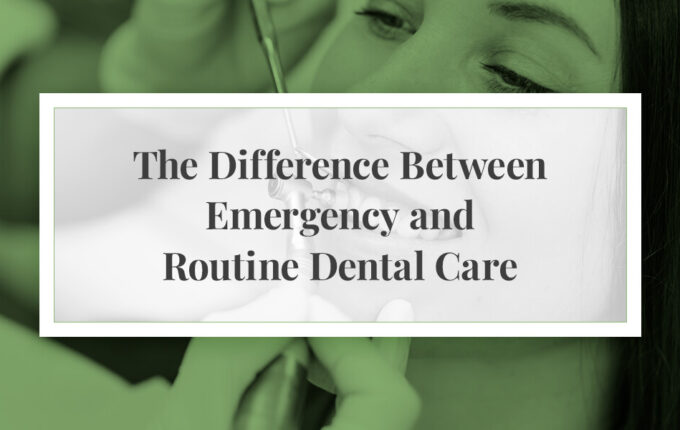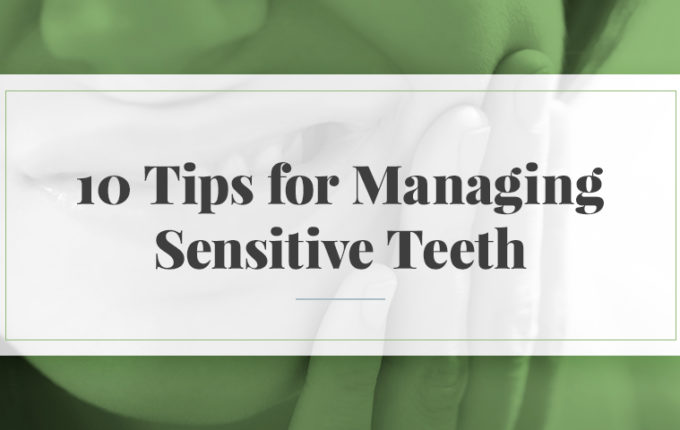Plaque vs. Calculus
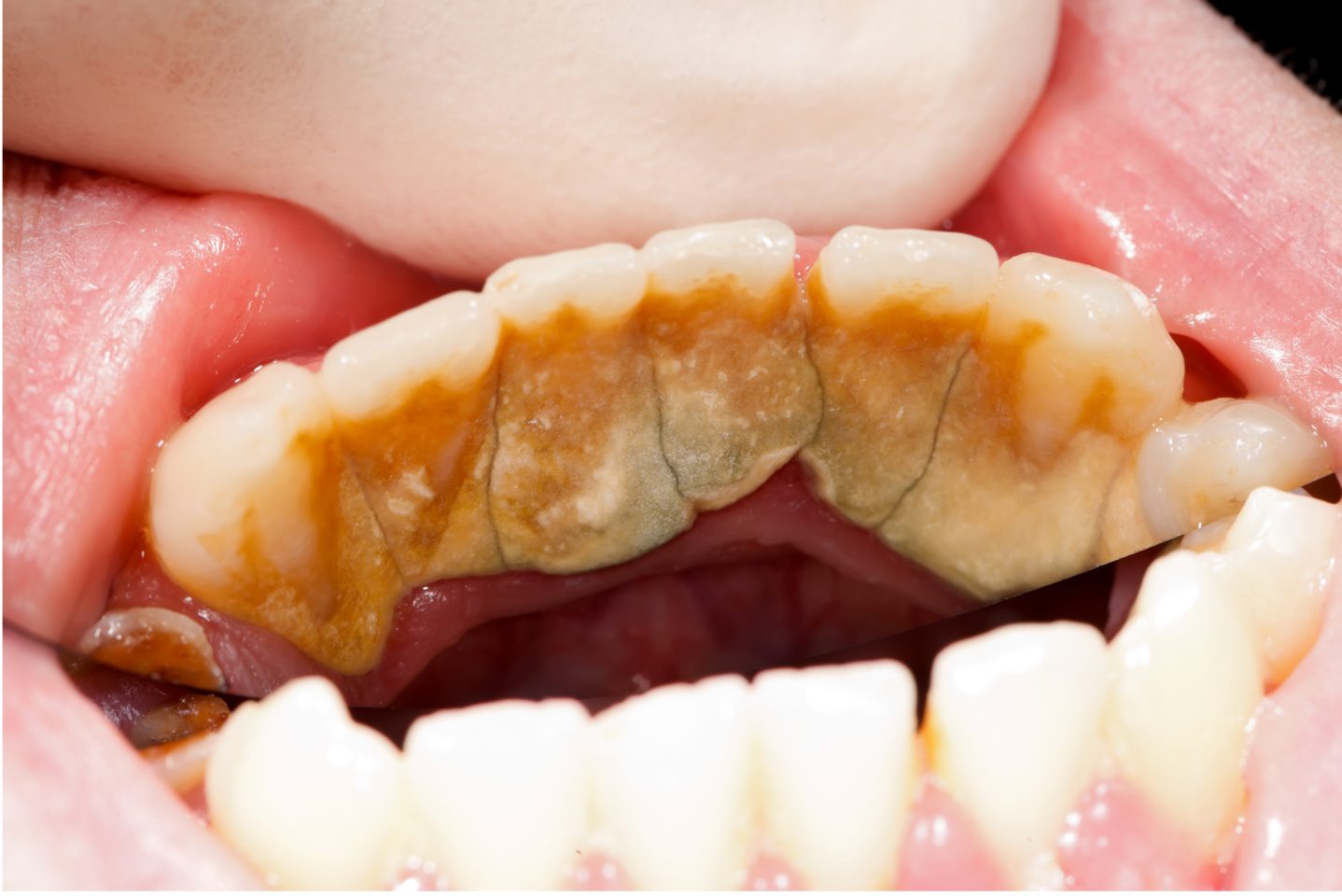
We wake up in the morning and feel something sticky along the surface of our teeth. We had a great time at the party last night. The strawberry shortcake was out of this world. So was the delicious sangria. Oops! We forgot to brush our teeth last night! What is that sticky transparent film on my teeth? That biofilm is known as dental plaque.
What Is Plaque?
Plaque is a sticky transparent film that forms on your teeth. It consists of broken-down sugars called sucrose and anaerobic, gram-negative bacteria that always exist in our mouths. Most of the time, plaque develops around the gum line and between your teeth. Left untreated, plaque can transform into dental calculus, also known as dental tartar.
Here is a four-step breakdown of how plaque occurs and what it can lead to:
- Attachment: Plaque develops and attaches to teeth within a few hours of your last brushing.
- Growth: Unwanted bacteria begin growing in the plaque.
- Maturation: The microbes continue to mature and multiply. As they eat the sugars in the food you consume, they produce an acidic byproduct that can harm your teeth.
- Erosion: The acid produced by the bacteria in plaque will start damaging and eroding your tooth enamel.
How to Prevent Plaque Accumulation
After learning about plaque, you likely want to do everything you can to prevent it from accumulating. Here are some helpful practices that can keep plaque buildup to a minimum:
- Practice good oral hygiene: The Centers for Disease Control and Prevention (CDC) recommends brushing your teeth twice per day. You should also add floss once per day before going to bed. For added benefits, use a non-alcoholic fluoride mouthwash.
- Get professional cleaning: Professional dentists have the best tooth-cleaning equipment to help get rid of the plaque in your mouth. Visit 209 NYC Dental twice per year for professional cleanings and checkups.
- Consume a tooth-friendly diet: What you eat affects the health of your teeth. Cut back on carbs and sugars, as these are two of the leading culprits of plaque accumulation.
- Avoid tobacco: The CDC reports a connection between smoking and tooth health. Avoid smoking to help keep your teeth and gums as healthy as possible.
What Is Calculus?
Calculus and tartar are two words to describe the same thing — calcified dental plaque. When plaque is left on teeth too long, it picks up mineral salts, primarily Calcium Phosphate, from the saliva and forms the hard calculus or dental tartar. The calcified plaque is hard to remove, usually requiring a dentist or hygienist to remove it with a procedure known as deep cleaning.
When it comes to calculus vs. plaque, calculus is more virulent and leads to decay and severe periodontal problems. The hard, rough surface of calculus is a magnet for more food debris, sugar, and bacteria to accumulate. In other words, the more calculus you have, the higher chance you have of accumulating even more. And more calculus means more chances for the bacteria to release an unpleasant odor, leading to bad breath and other side effects.
The acids produced by the bacteria and sugar in the hardened calculus will destroy the epithelial connection of the gum to the periodontium, producing a pathological crevice known as a pocket. Pockets will trap more food debris and bacteria, eat away more of the supporting bone and allow infection to occur. This can eventually lead to the loss of the tooth.
In summary, plaque is bad, but calculus is worse.
How to Remove Calculus
Calculus is difficult to remove yourself. Home remedies like scrubbing your teeth with baking soda and hydrogen peroxide are less than effective. And regular brushing and flossing will do little to remove calculus after it has formed.
The best way to remove calculus is by having a hygienist or dentist do a deep cleaning, which includes scaling and curettage under the gum. Deep cleaning is the only proven way of removing this malady.
What Causes Plaque?
Now that you know more about calculus and the dangers of letting plaque go unchecked in your mouth, you need to know some of the primary causes of plaque. Then, you can take steps to lower your risk of accumulating plaque.
Your mouth is a complete ecosystem containing bacteria and other microorganisms. Ideally, this ecosystem is balanced, but it can change depending on what you drink, eat, and inhale. When certain bacteria multiply beyond normal levels, problems could arise.
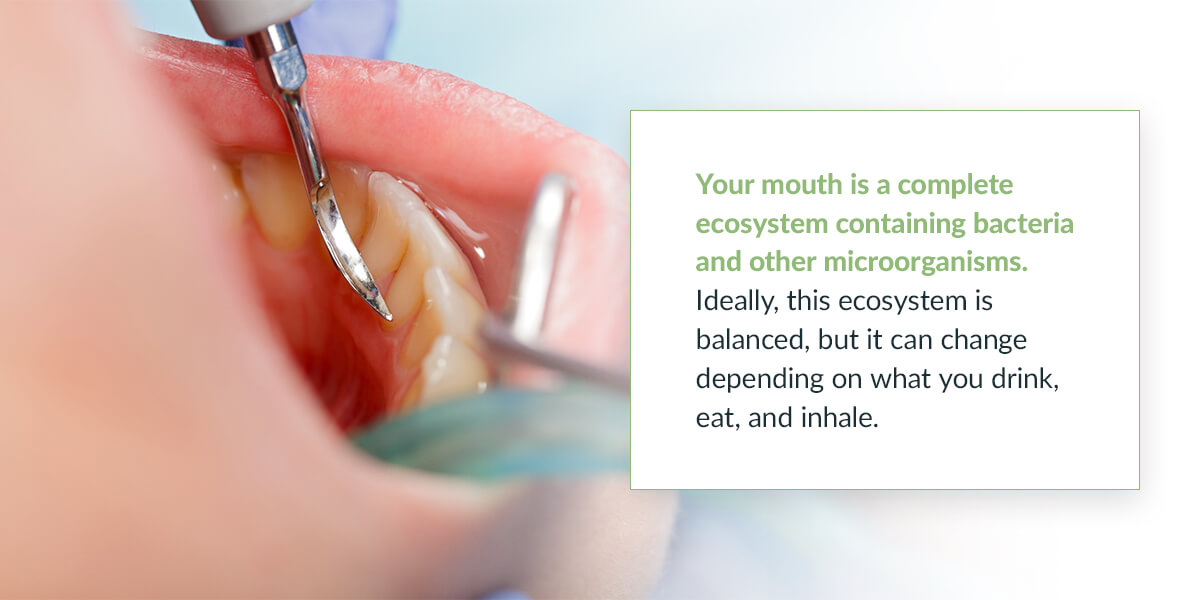
The bacteria feeds and thrives off various foods, which you may want to avoid. Here are some of these food items that put you at a greater risk of developing plaque:
- Sugary foods like candy and cakes
- Sugary drinks like soda, sweetened tea, and sweetened coffee
- Carby foods like bread and pasta
- Starchy foods like potato chips
When these foods mix with the harmful bacteria in your mouth, plaque will develop. Then the bacteria will produce the acid that leads to cavities and other tooth problems. Remember that plaque can even harm your teeth in areas that are hard to notice, like under your gums.
Key Differences
When comparing the differences between plaque, tartar, and calculus, there are a few main things to remember:
- Plaque is the first step.
- Left unchecked, plaque can develop into calculus or tartar.
- Plaque is a sticky, whitish film.
- You can remove and prevent plaque by practicing proper oral hygiene.
- Calculus is hard, solidified plaque with a yellowish, darker appearance.
- The only proven way of removing calculus is through professional cleaning.
Possible Complications
Plaque buildup and calculus can lead to several complications that you should avoid at all costs. These include the following:
- Bad breath: Having good breath builds confidence, but the bacteria in plaque and calculus can lead to unpleasant breath.
- Cavities: The acids produced by plaque and calculus are harmful to your tooth enamel and can eventually wear it away, leading to cavities.
- Gingivitis: As plaque and calculus build up around and under your gum line, your gums can become inflamed and even start to bleed. These are signs of a more serious dental condition called gingivitis.
- Periodontal disease: Gingivitis can eventually lead to periodontal disease. This condition inflames the gums and bones that support the teeth and can lead to tooth loss.
Do You Need Plaque or Calculus Removed?
209 NYC Dental is a multispeciality dental practice. One of the pillars of our care is prevention. Our board-certified periodontist, Dr. Jin Wang, heads a staff of dedicated hygienists and dentists that will teach you how to prevent tartar from forming and remove it if it should appear. We are open seven days a week and are ready to keep your breath fresh, your smile glistening, and your questions answered regarding tartar vs. plaque.
Book an appointment today or call us at 212-355-2290 for more information!
 Our History
Our History
 Our Providers
Our Providers
 About Us
About Us
 Blog
Blog
 Contact us
Contact us
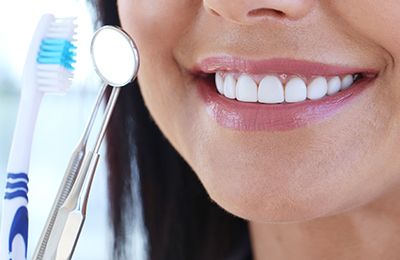 Diagnostic & Preventive
Diagnostic & Preventive
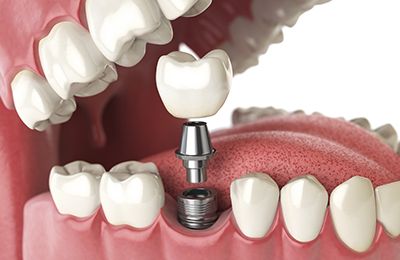 Implant Dentistry
Implant Dentistry
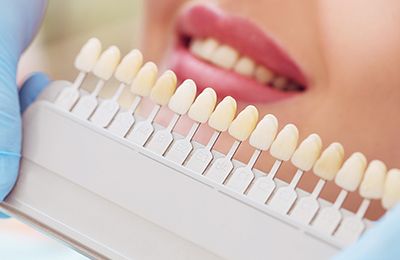 Cosmetic Dentistry
Cosmetic Dentistry
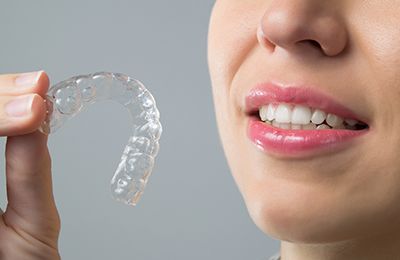 Clear Braces
Clear Braces
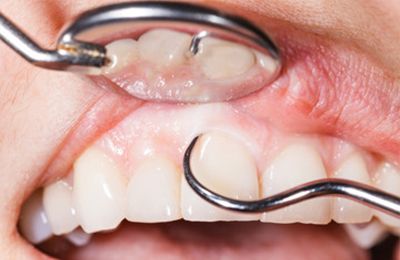 Periodontics
Periodontics
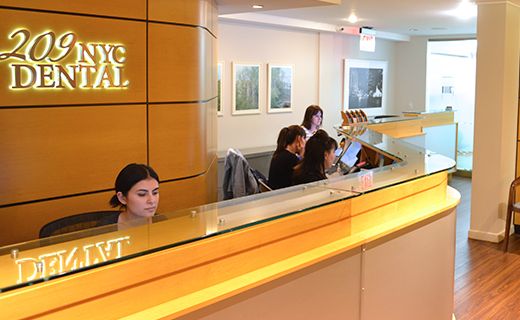 Patient Forms
Patient Forms
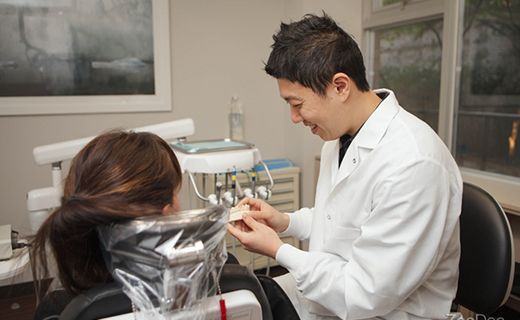 Payment Information
Payment Information
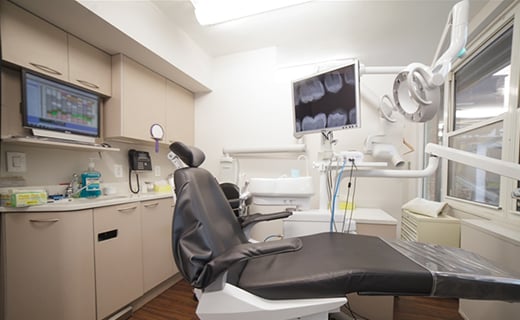 Insurance Options
Insurance Options
 CareCredit Dental
CareCredit Dental
 Appointment Policy
Appointment Policy
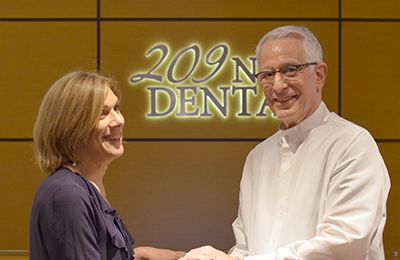 Free Consultation
Free Consultation
 Complimentary Teeth Whitening
Complimentary Teeth Whitening
 Teeth Whitening
Teeth Whitening
